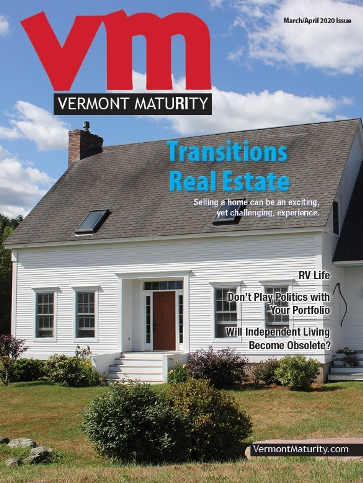
In addition to the $1,200 federal coronavirus stimulus check that was distributed in April and May, there are many other financial-assistance programs (both public and private) that can help struggling retirees, as well as give relief to family members who help provide financial support for their loved ones.
To find out what types of assistance you may be eligible for, just go to BenefitsCheckUp.org, a free, confidential Web tool designed for adults 55 and older and their families. It will help you locate federal, state and private benefits programs that can assist with paying for food, medications, utilities, health care, housing and other needs. This site – created by the National Council on Aging – contains more than 2,500 programs across the country.
To identify benefits, you’ll first need to fill out an online questionnaire that asks a series of questions like your date of birth, ZIP code, expenses, income, assets, veteran status, the medications you take and a few other factors. It takes about 15 minutes.
Once completed, you’ll get a report detailing all the programs and services you may qualify for, along with detailed information on how to apply.
Some programs can be applied for online; some have downloadable application forms that you can print and mail in; and some require that you contact the program’s administrative office directly (they provide the necessary contact information).
If you don’t have Internet access, you can also get help in-person at any of the 84 Benefit Enrollment Centers located throughout the U.S. Call 888-268-6706 or visit NCOA.org/centerforbenefits/becs to locate a center in your area. Some centers also offer assistance over the phone.
Types of Benefits
Depending on your income level and where you live, here are some benefits you may be eligible for:
Food Assistance
Programs like the Supplemental Nutrition Assistance Program (SNAP) can help pay for groceries. The average SNAP benefit for 60-and-older households is around $125 per month. Other programs that may be available include the Emergency Food Assistance Program, Commodity Supplemental Food Program, and the Senior Farmers Market Nutrition Program.
Healthcare
Medicaid and Medicare Savings Programs can help or completely pay for out-of-pocket health care costs. And, there are special Medicaid waiver programs that provide in-home care and assistance too.
Prescription Drugs
There are hundreds of programs offered through pharmaceutical companies, government agencies and charitable organizations that help lower or eliminate prescription drug costs, including the federal Low-Income Subsidy known as “Extra Help” that pays premiums, deductibles and prescription copayments for Medicare Part D beneficiaries.
Utility Assistance
There’s the Low-Income Home Energy Assistance Program (LIHEAP), as well as local utility companies and charitable organizations that provide assistance in lowering home heating and cooling costs.
Supplemental Security Income (SSI)
Administered by the Social Security Administration, SSI provides monthly payments to very low-income seniors, age 65 and older, as well as to those who are blind and disabled. In 2020, SSI pays up to $783 per month for a single person and up to $1,175 for couples.
In addition to these programs, there are numerous other benefits they can help you locate such as HUD housing, home weatherization assistance, tax relief, veteran’s benefits, senior transportation, respite care, free legal assistance, job training and employment and debt counseling.
Jim Miller publishes the Savvy Senior, a nationally syndicated column that offers advice for Boomers and Seniors.
Related Articles & Free Subscription

Do Pneumonia Vaccines Protect Seniors from Coronavirus?
Grocery and Meal Service Delivery Options for Seniors





Comment here